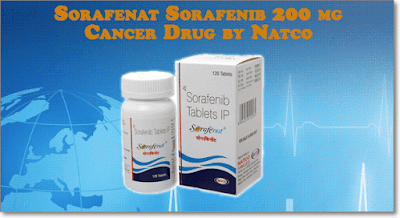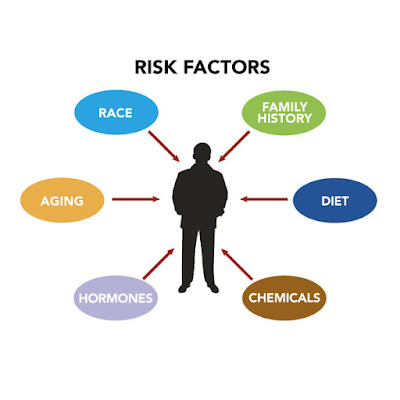Sorafenib - Approved Medicine for the Treatment of Thyroid Cancer
Thyroid cancer has become one of the fastest-increasing cancers in recent years and is the fifth most common cancer in women. There are approximately 35,000 people die from thyroid cancer worldwide each year. Thyroid cancer starts in the thyroid gland.
The vast majority of patients do very well after initial therapy with surgery and, occasionally, radioactive iodine therapy and their prognosis is excellent. However, some patients (<10%) have relentlessly progressive cancer that becomes resistant to radioactive iodine and is very difficult to treat – these are the patients that are at risk of dying from thyroid cancer. Fortunately, a new class of anticancer drugs, known as tyrosine kinase inhibitors (TKI), have shown to be effective in these patients.
Sorafenib is now offers new options for patients who have been limited in their treatment outcomes. Sorafenib is an antiangiogenic drug already approved for renal cell carcinoma and hepatocellular carcinoma.
What this drug is used for :
- Treatment of advanced renal cell cancer (Kidney cancer)
- Hepatocellular carcinoma (Liver cancer)
- Thyroid Cancer
Sorafenat Sorafenib 200 mg Tablets
Brand Name : Sorafenat
Active Ingredients : Sorafenib Tosylate
Manufactured by: Natco Pharma Ltd.
Strength: 200 mg
Form: Tablets
Packing: Pack of 120 Tablets
Important Points To Remember :
Talk to your doctor, pharmacist or nurse about all your side effects so they can help you manage them.
- Other medicines
Tell your doctor about any other medicines you are taking, including vitamins, herbal supplements and over the counter remedies. Some drugs can react together.
- Pregnancy and contraception
This drug may harm a baby developing in the womb. It is important not to become pregnant or father a child while you are having treatment and for a few months afterwards. Talk to your doctor or nurse about effective contraception before starting treatment.
- Breastfeeding
Do not breastfeed during this treatment because the drug may come through in the breast milk.
- Immunisations
You should not have immunisations with live vaccines while you are having treatment or for at least 6 months afterwards.
Questions to Ask Your Doctor
- What type of thyroid cancer do I have ?
- What treatments have I already received ?
- What treatment plan do you recommend ?
- Is my current treatment still working to control thyroid cancer growth ?
- If not, what other treatment options are available to me ?
- What clinical trials are open to me ?
- What are the risks and benefits of the recommended treatment plan ?



Comments
Post a Comment